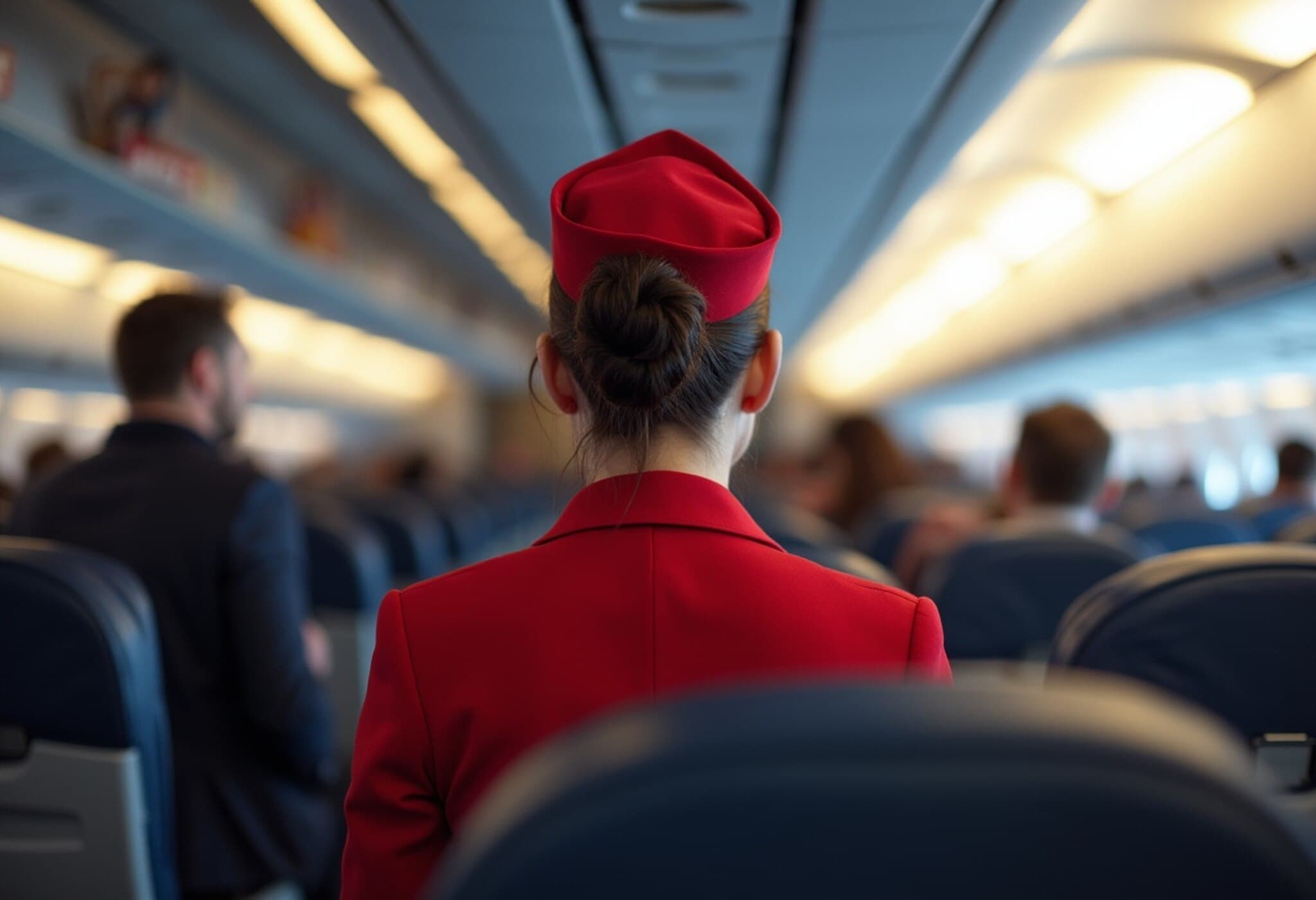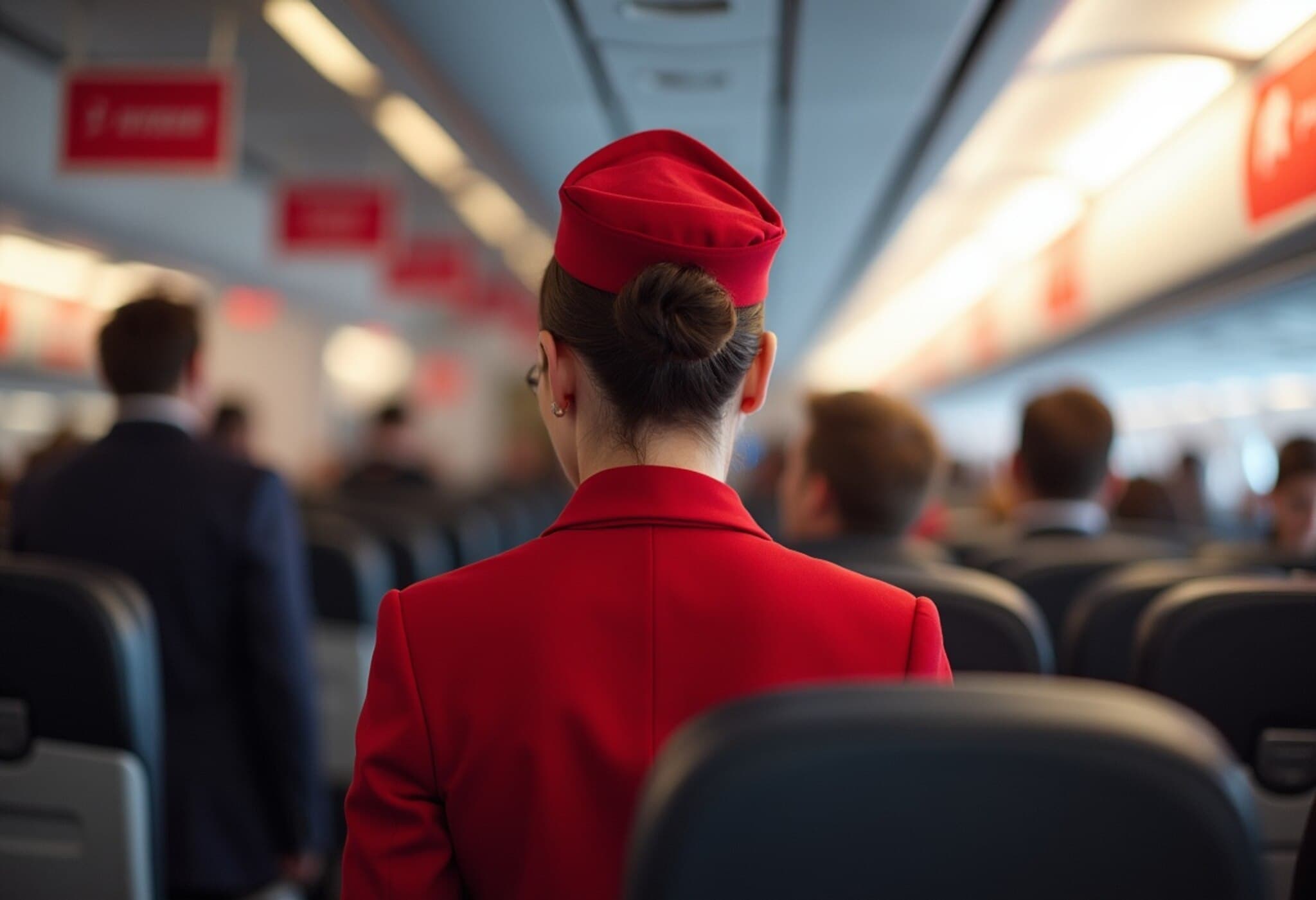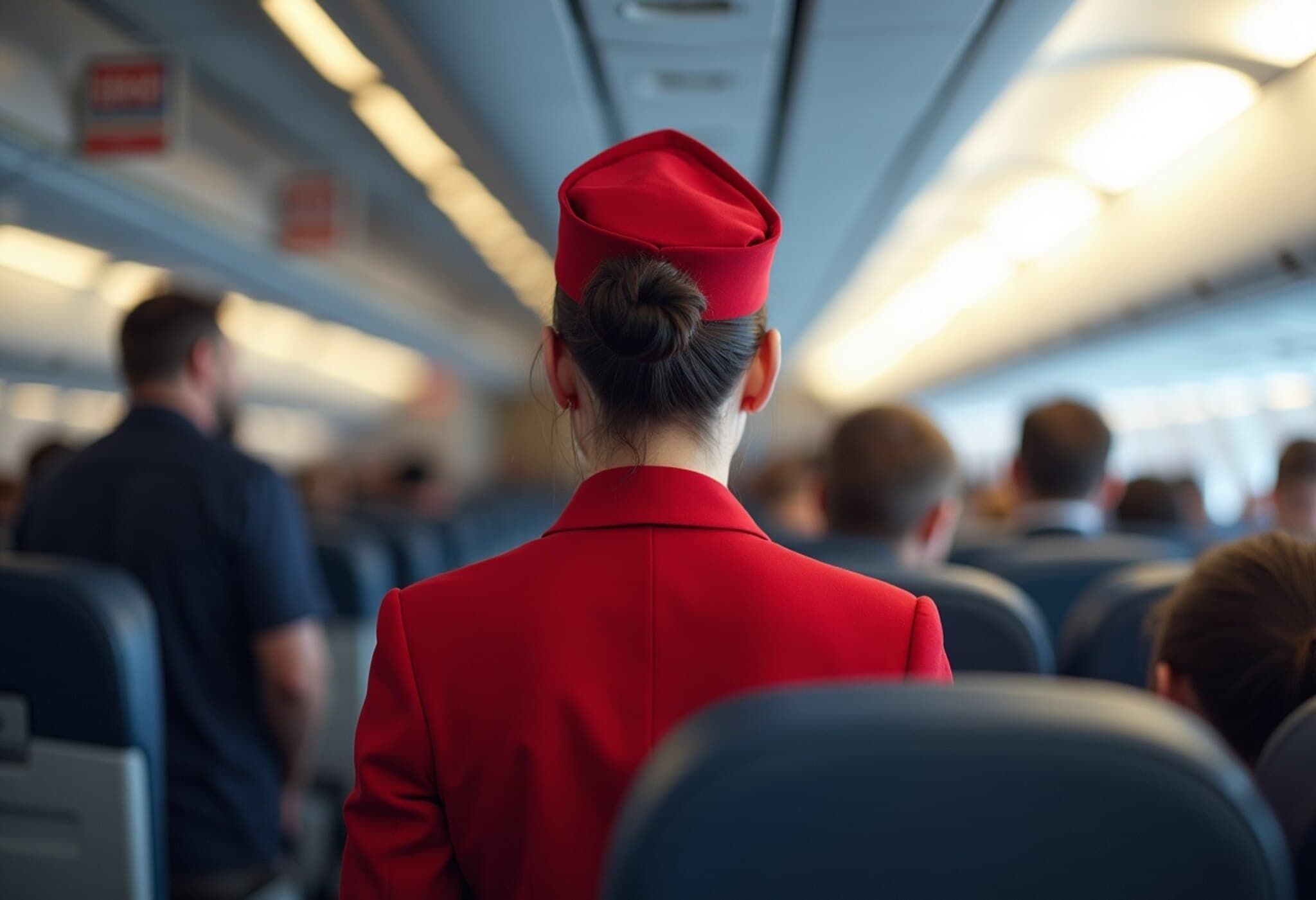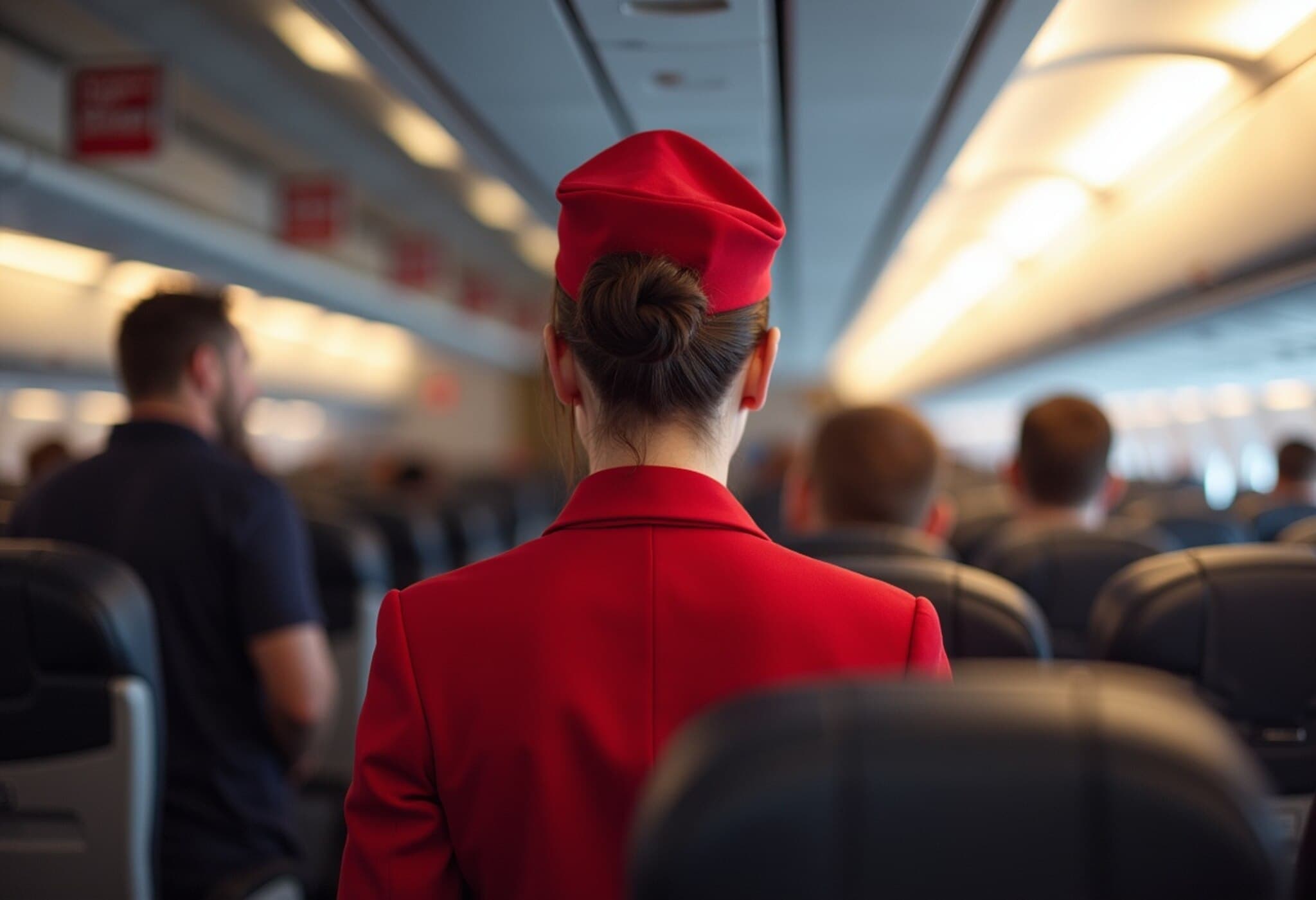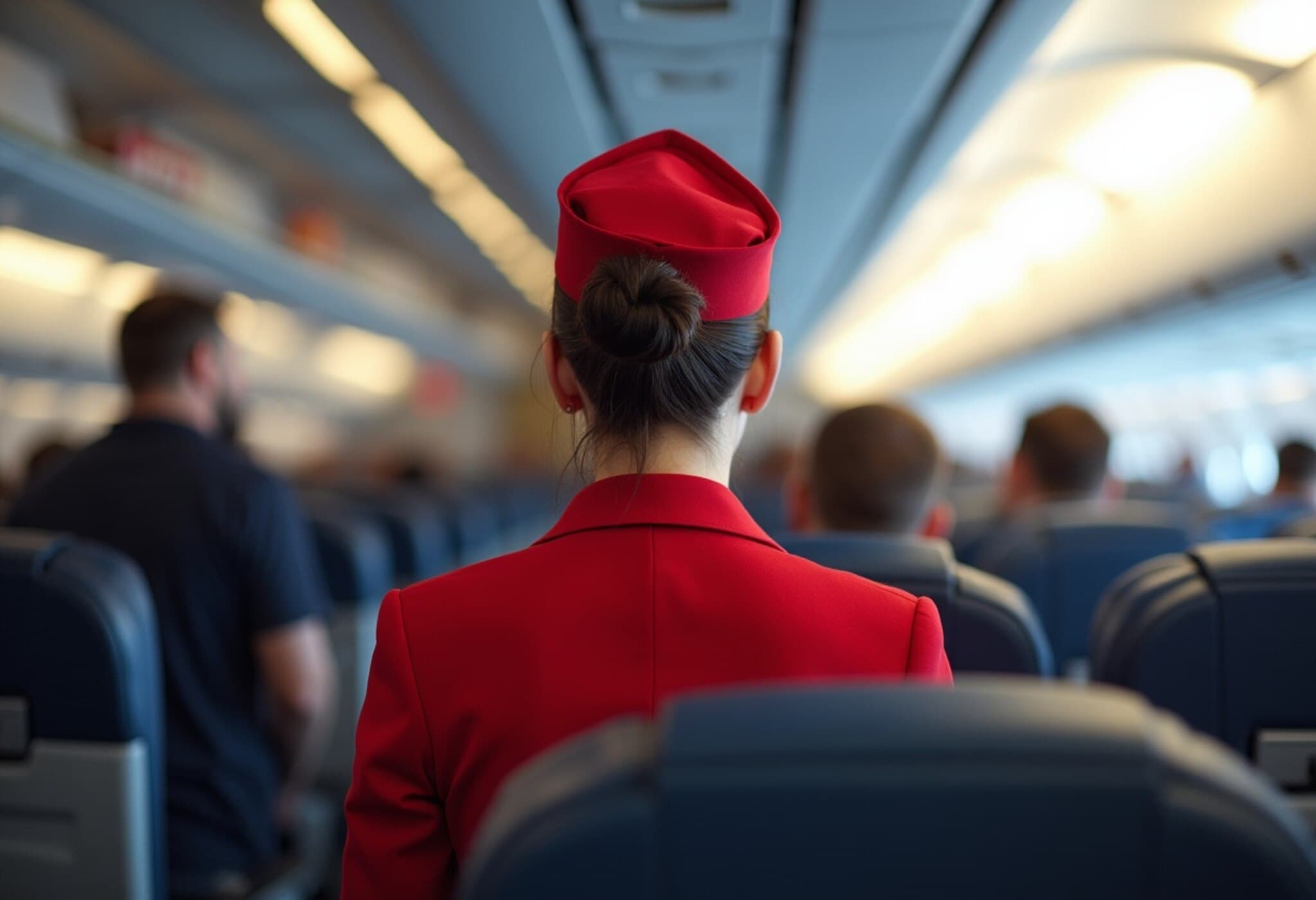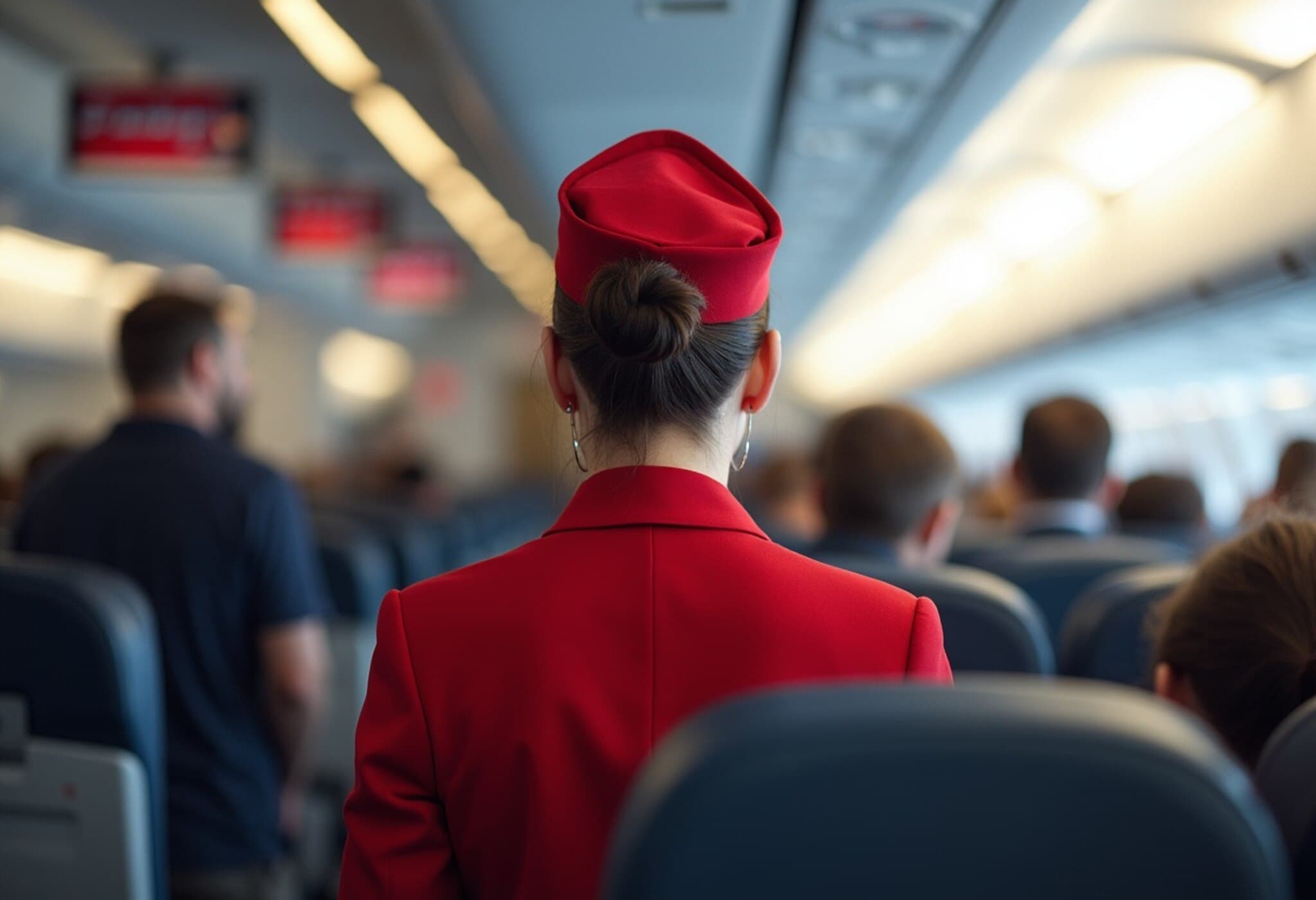Air Canada Set to Lock Out Flight Attendants Amidst Heated Labor Dispute
As August ushers in escalating tensions, Air Canada has announced plans to lock out its 9,500 flight attendants starting the weekend of August 16, 2025. This move follows a strike notice from the flight attendants’ union, the Canadian Union of Public Employees (CUPE), setting the airline on course for a potential full operational shutdown if the impasse remains unresolved.
Root Causes: The Fight for Fair Compensation
At the heart of this labor standoff lies a contentious issue reverberating across the global airline industry: unpaid work hours. Flight attendants are typically compensated only for the hours the plane spends airborne, excluding critical pre-flight and post-flight responsibilities such as safety checks, boarding assistance, and deplaning. CUPE contends that these unpaid duties effectively reduce junior flight attendants’ wages below federal minimum standards, urging Air Canada to rectify this inequity.
CUPE’s spokesperson highlighted this unfair discrepancy, telling The Globe and Mail, “When factoring in total hours worked, junior attendants earn less than minimum wage.” Adding to that, CUPE president Wesley Lesosky criticized the airline’s reluctance to resolve key issues, stating, “Despite data-driven proposals over the past nine months, Air Canada seems disinterested in a fair resolution.”
Negotiations and Rejected Offers
This dispute has played out over months of negotiations. Air Canada insists it has been engaged in discussions for over eight months, even proposing binding arbitration to break the deadlock. The airline’s latest offer included a substantial 38% wage increase spread over four years. However, CUPE rejected the proposal, signaling insufficient progress toward addressing their concerns, particularly on unpaid work time and cost-of-living protections.
Following the strike notice from CUPE, Air Canada responded with a 72-hour lockout notice effective August 16, setting a countdown to possible flight disruption.
Wider Implications: What This Means for Passengers and the Industry
Passengers should brace for significant upheaval. Flights could start being canceled as early as Wednesday, increasing through the week, potentially leading to a complete shutdown of Air Canada’s flight operations by Saturday. Considering Air Canada operates nearly 430 daily flights, servicing over 50 U.S. airports and roughly 130,000 passengers each day, disruptions could ripple through cross-border travel and the broader North American aviation network.
Canada’s Labour Minister Patty Hajdu has intervened, meeting both parties and urging them to continue negotiations with federal mediators “until a deal is found.” This dispute also shadows similar labor struggles in the American airline sector, where debates around pay for all hours worked continue to provoke strikes and service interruptions.
Expert Insights: The Broader Labor Landscape
Labor experts view the Air Canada conflict as emblematic of evolving workforce expectations within transportation industries. Frontline workers demand recognition and compensation for previously uncompensated tasks, reflecting broader shifts towards fair labor standards and living wages. The outcome may set precedents influencing airline labor negotiations worldwide, emphasizing the importance of transparent and equitable pay structures.
Editor’s Note
The Air Canada lockout highlights a critical crossroads for airline labor relations, where employee well-being and operational imperatives collide. Beyond wage figures, the dispute raises foundational questions: How do corporations fairly value work beyond the obvious hours logged? What role should governments play in balancing worker rights with economic continuity? For travelers and policymakers alike, these unfolding events merit close attention as they shape the future of air travel and labor policies in Canada and beyond.
Stay tuned as this story develops. Passengers planning travel in the coming weeks should check for flight updates and prepare for potential changes.

